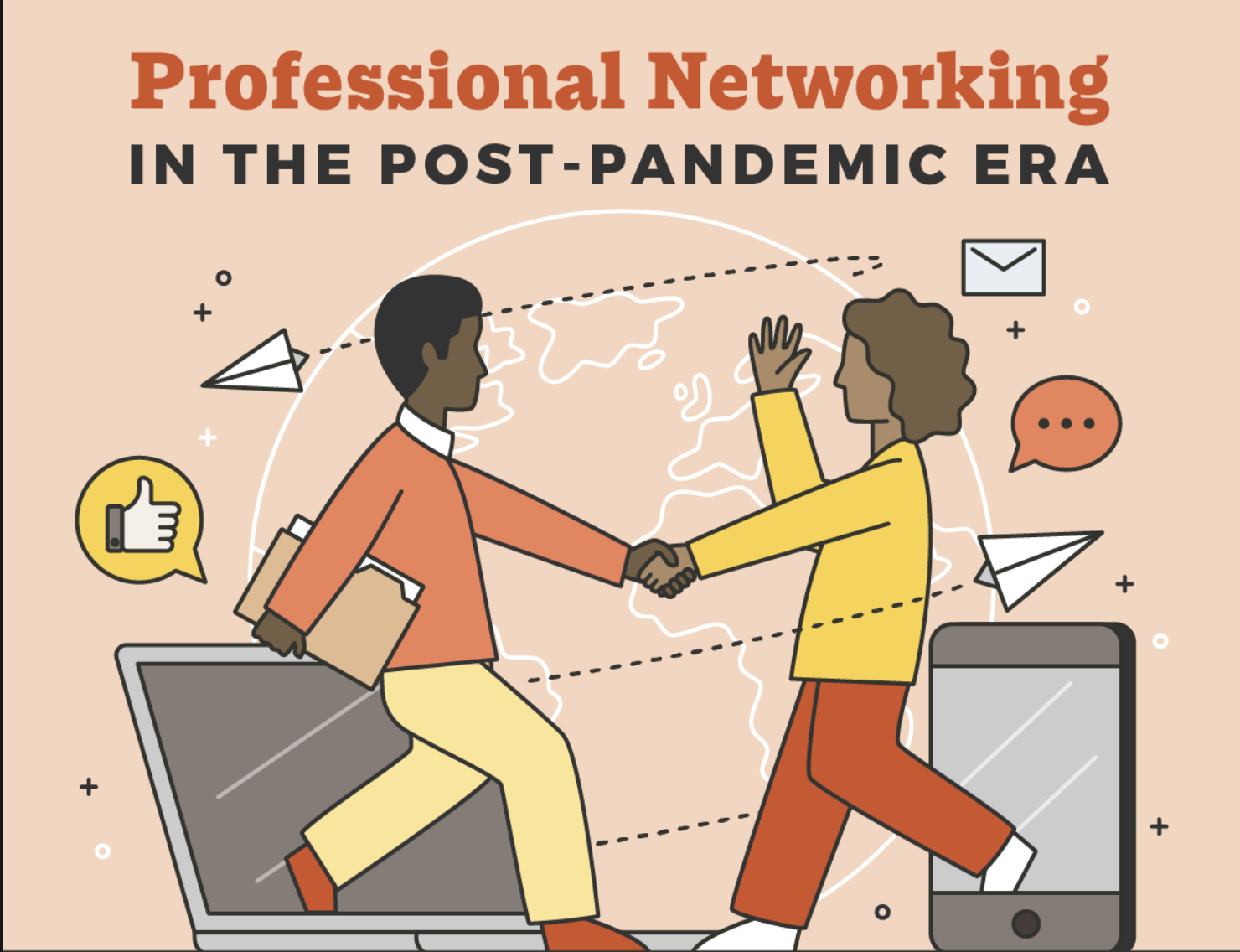Job vs Business: Which one is better?
When it comes to job vs business part, it is important to understand the advantages and disadvantages of each. There are many factors that come into play when deciding which one is better for you.
A job usually provides a steady income, benefits, job security, and stability in an organization or company. Jobs can provide job satisfaction and job growth opportunities, and often come with a set job description and job duties.
On the other hand, owning a business can be more profitable in the long run and offers more flexibility. You have the freedom to choose what type of business you want to start and how you will structure it.
As an entrepreneur, you can generate side income with your business, while jobseekers are largely dependent upon a company's job offerings.
Let's check more details, below!
» FREE TRIAL: Get Started with LoopCV & Send Out 100s of Highly-Targeted Job Applications in <10 Minutes
Table of contents
- Is business better than a job?
- Business vs government job
- Entrepreneurship vs Employment
- Working for a startup vs Big company
- Cheapest franchises to start
- Business to start with 10k
Is business better than a job?
Before deciding which one is right for you, it is important to consider the amount of time and effort you can put into either job or business.
If you have the energy and drive to manage your own venture, then owning a business may be more beneficial. If you prefer job security and a set job description, a job may be the better option for you.
Ultimately, job vs business decisions should be based upon personal preferences and individual goals. Taking into account your current situation and lifestyle choices can also help in making the right decision for yourself.
By exploring both job and business options, you will be able to make an informed decision about which one is best for you.
Choosing the right job or business can have a lasting impact on your future, so consider all the options carefully and make sure that you are making the choice that's right for you.
Business vs government job
When deciding between government positions and commercial opportunities, there are several aspects to consider.
Some individuals prefer the security of a government position, while others prefer the freedom and potential for advancement that comes with running a company.
Finally, the ideal solution for you will be determined by your own tastes and objectives.
A government employment may be a better alternative if you are searching for stability. Government positions often provide excellent benefits and employment stability, which might be tempting if you are searching for a long-term career.
However, government employment may be restrictive, with fewer opportunities to progress or earn more money than in a corporation.
If you want greater freedom and opportunities for advancement, starting your own company may be the best option for you. You control your own destiny when you run a firm. You have the opportunity to make more money and better your lifestyle, but there is also more danger.
If you are not prepared to deal with the ups and downs of running your own company, it may not be the best option for you.
Entrepreneurship vs Employment
A self-employed individual is accountable for making his or her own choices and is free to execute them. Whereas, the individual executing the work need the boss's consent to make and execute choices.
If a self-employed individual makes a mistake while working, there is no one to chastise him. While, the individual doing the task is subject to reprimand if he makes a mistake.
The person who runs his own company choose when to go to work based on his business and personal demands. Can make its own decision. The person conducting the work, on the other hand, must report at his office at a certain hour.
No one can force an entrepreneur to conduct business. In other words, he cannot be dismissed. Whereas, the employee may be dismissed if the firm or employer fails to satisfy their expectations. Anyone, even the uninformed, may create a company by permitting someone to do so.
Furthermore, no qualifications are necessary. While different credentials are required for various vocations. Because the entrepreneur manages practically all sorts of profiles, he has more opportunity for learning.
Whereas the individual conducting the task is free to operate under his or her own profile.
Whatever the person in business is accomplishing, he is content, whereas the guy in the job, no matter how much he receives, he still feels. That despite his hard work and efforts, he is not receiving it.
People doing business are not required to obey the rules established by someone else in the firm. Rather, they establish their own regulations. While the work demands the individual to closely adhere to the norms established by the firm and the employer.
An entrepreneur also employs people by running his firm, and the individual performing the work may support his family. There are relatively few enterprises that can be started with very little money. Most firms need a significant investment to get started. If the entrepreneur is competent, he can receive the position for free simply via an interview.
A businessperson must observe the administration of numerous duties in order to handle the stress of managing various jobs. It should be possible to while the employee is exclusively accountable for his profile.
Working for a startup vs Big company
Let's see the things in which they differ:
- Structure
Startups sometimes have less structure than typical businesses since there are fewer team members to manage. They concentrate less on the structure of their workforce and more on how to build their firm.
A huge corporation has more structure to assist in managing its enormous personnel. This might involve orientation training for new staff as well as ongoing online learning for current employees.
2. Operations
A startup employee works with a smaller team than a large corporation employee. The founder and co-founder provide leadership and make significant business choices.
Because there are more people in a large firm, you may have less impact than in a startup. This is due to the corporate structure that these firms adhere to, which includes several leadership responsibilities, such as a CEO. Employees in huge corporations, on the other hand, have a clear route to advancement.
3. Pay
Startup employee payments are often lower than those of larger corporations since the firm is still building support for its product or service. These groups may also provide limited advantages. However, there is the possibility of earning more as the business grows.
Because large corporations have a consistent stream of money, they may pay their staff more than startups. Benefits like as health insurance and paid time off are often included in salary packages.
4. Culture
Because the team size is tiny, the corporate culture of a startup tends to be highly tight. This makes it simple for them to plan social networking activities together. Startups also have a more casual work environment.
Big firms, like startups, have the potential for intimacy among team members. They may have more networking events since they have more money in their budget.
5. Experiences
Individuals at a startup get to work in a range of areas and learn about how various aspects of the company operate. This may be a wonderful learning experience for people who wish to work on a variety of projects and build transferable skills.
Large corporations are also excellent places for professionals to learn and grow. Individuals may take the time to study challenges more extensively since they work on projects in huge teams.
You can also read our article:

Cheapest franchises to start
The top 8 franchises you can start immediately:
- Weddings + Events
- Holiday or Cruise Planners
- Property Management Inc
- United Country Real Estate
- Dream Vacations
- Dunkin’
- 7-Eleven
- Leadership Management Inc.
Business to start with 10k
The top 11 businesses you can start with 10 thousand dollars:
- Drop-shipping
- Tutoring Services
- Digital Marketing or Affiliate Marketing
- Tour Guides
- Personal Trainer
- Online Business Manager
- Content Creator
- Search Engine Optimization (SEO)
- Online Researcher
- Hauling Service
- Recruitment services
» FREE TRIAL: Get Started with LoopCV & Send Out 100s of Highly-Targeted Job Applications in <10 Minutes




